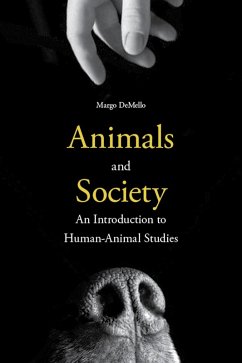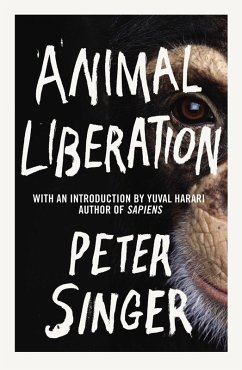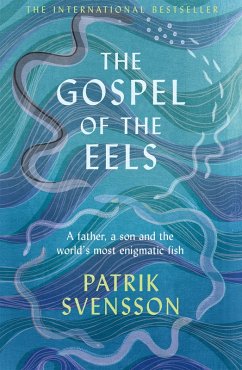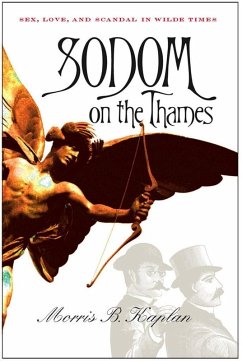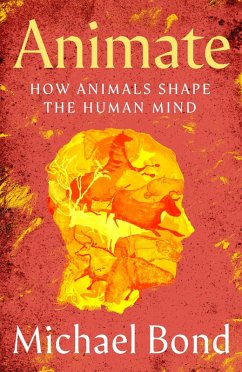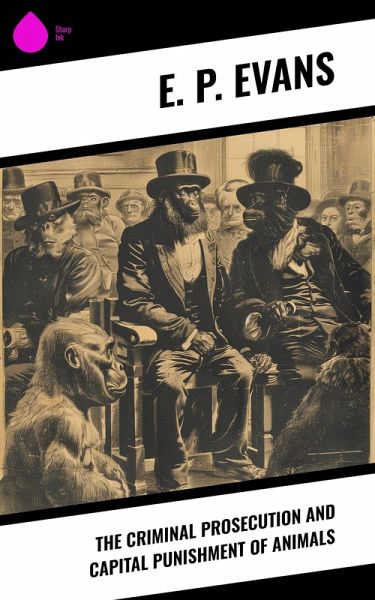
The Criminal Prosecution and Capital Punishment of Animals (eBook, ePUB)
Versandkostenfrei!
Sofort per Download lieferbar
2,04 €
inkl. MwSt.
Weitere Ausgaben:

PAYBACK Punkte
0 °P sammeln!
In his seminal work, "The Criminal Prosecution and Capital Punishment of Animals," E. P. Evans meticulously explores the bizarre historical phenomenon of judicial proceedings against non-human animals, offering a unique lens into societal attitudes toward animal rights and justice. Through a comprehensive examination of various cases, Evans employs a critical and analytical literary style, drawing on extensive research across legal documents and cultural artifacts of the time. The book serves as an insightful commentary on anthropocentrism and the varied ethics of animal treatment, situating i...
In his seminal work, "The Criminal Prosecution and Capital Punishment of Animals," E. P. Evans meticulously explores the bizarre historical phenomenon of judicial proceedings against non-human animals, offering a unique lens into societal attitudes toward animal rights and justice. Through a comprehensive examination of various cases, Evans employs a critical and analytical literary style, drawing on extensive research across legal documents and cultural artifacts of the time. The book serves as an insightful commentary on anthropocentrism and the varied ethics of animal treatment, situating itself within the broader context of Victorian and Enlightenment thought, where the question of animal personhood was hotly debated. E. P. Evans, a prominent British lawyer and author with a deep interest in criminology and animal rights, was influenced by both his legal background and the prevailing social issues of his time. His scholarship reflects a profound concern for the justice system and its implications for moral philosophy. This investigation into the treatment of animals in legal contexts not only demonstrates Evans' scholarly rigor but also reveals his advocacy for a rethinking of the relationship between humans and animals. For those interested in the intersections of law, ethics, and animal welfare, this thought-provoking work is essential reading. Evans' astute observations remain remarkably relevant today, inviting readers to reflect on the implications of justice systems that transcend species boundaries. As societal discussions around animal rights grow increasingly urgent, Evans' compelling narrative provides a historical backdrop to contemporary debates, making it a crucial addition to any scholarly collection.
Dieser Download kann aus rechtlichen Gründen nur mit Rechnungsadresse in A, B, BG, CY, CZ, D, DK, EW, E, FIN, F, GR, HR, H, IRL, I, LT, L, LR, M, NL, PL, P, R, S, SLO, SK ausgeliefert werden.





